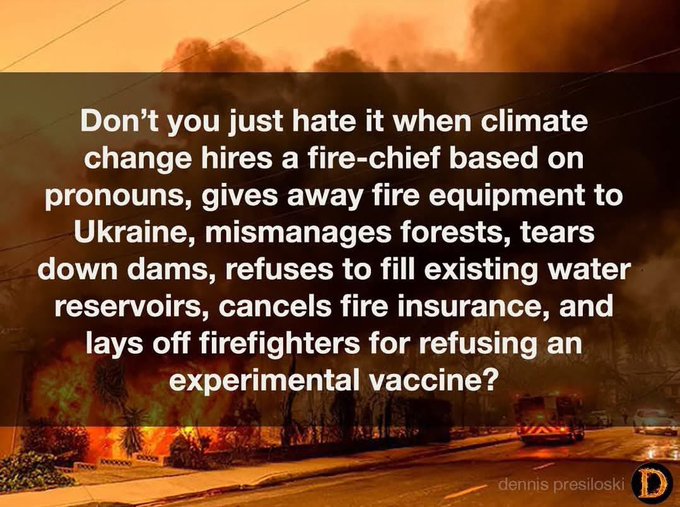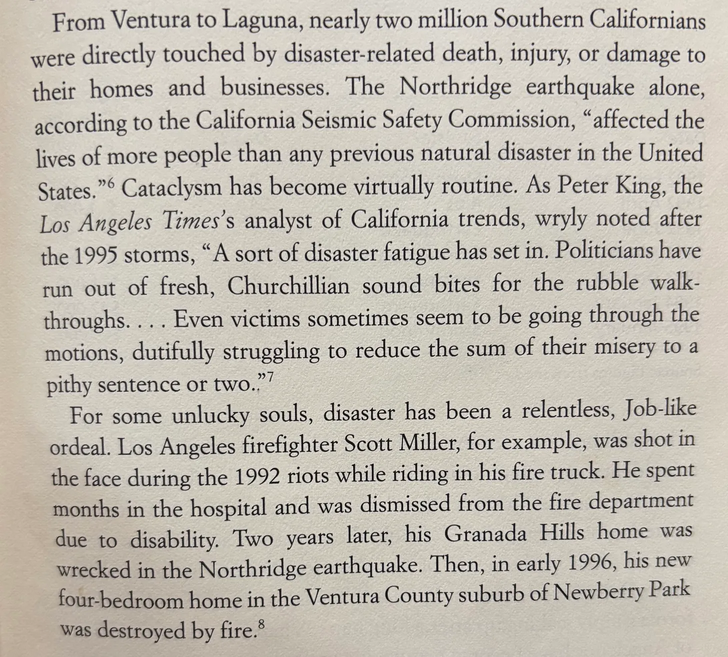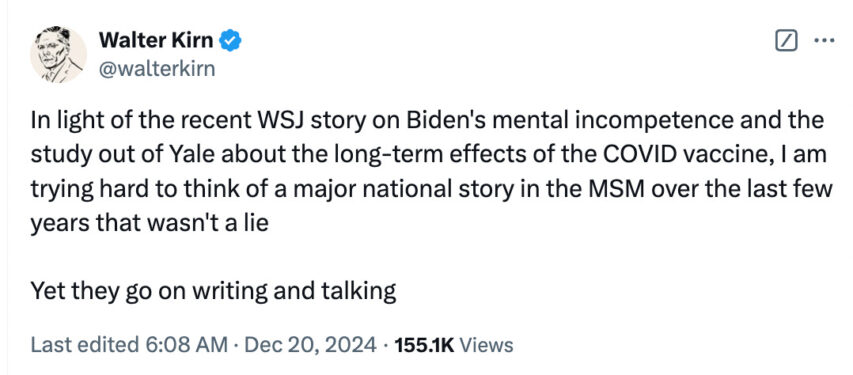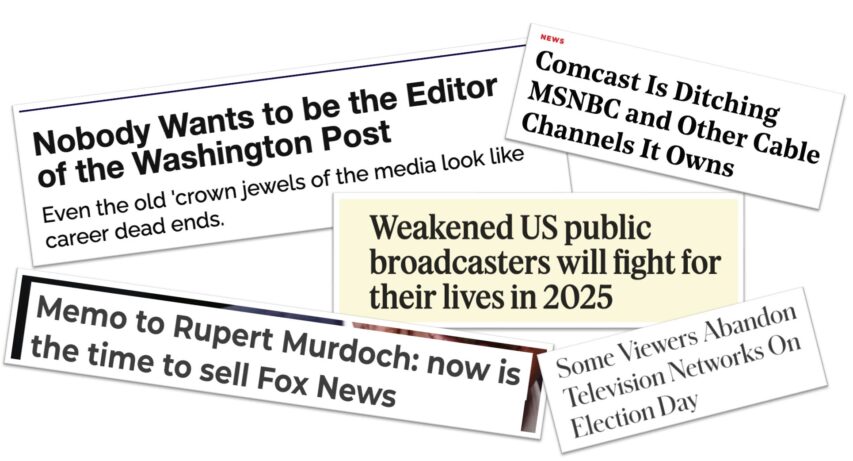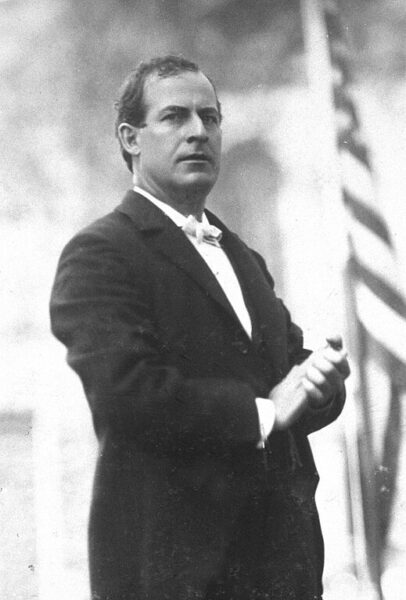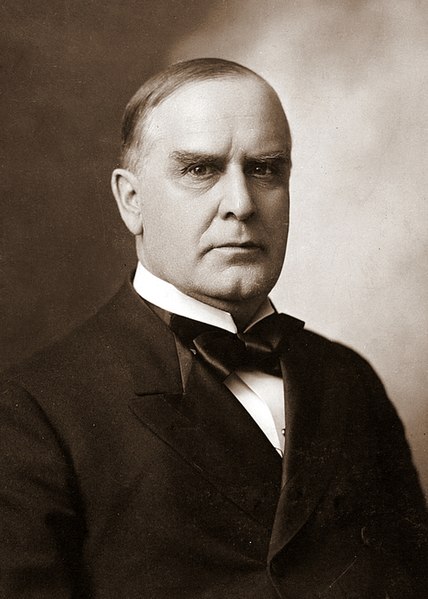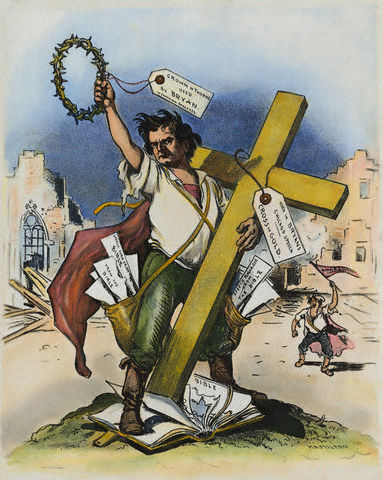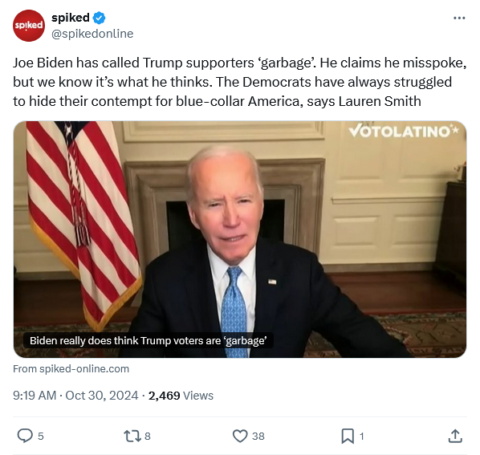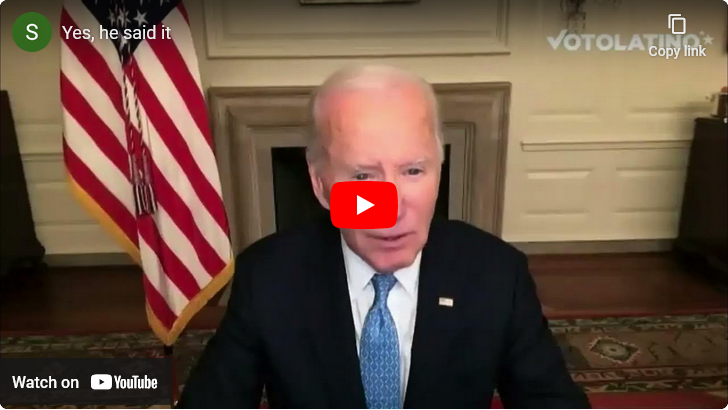Andrew Sullivan reacts to some new books on the Biden administration just hitting the bookstores recently:
By April of last year, the health of the president had clearly declined. As with many older men in their eighties, this didn’t happen in a slow, predictable glide-path down — but in swift, turbulent declines. Suddenly he took a while to get out of his limo, and then would emerge “with a blank look in his face”, according to the new campaign book, Fight, by Jonathan Allen and Amie Parnes. By early summer, Biden was suddenly freezing up in public, staring motionless into the air. At a fundraiser in Los Angeles, Obama had to jump in to answer some questions, and then had to guide Biden off the stage by hand. We had already seen Joe wander weirdly off the set of MSNBC and during a Medal of Honor ceremony. His memory lapses mounted.
Everyone around him saw this. Everyone close to him had seen it for over a year by then. Everyone in his campaign knew that upwards of 86 percent of Americans thought he was too old to serve another term. And no one did anything about it.
Sometimes human folly is just human folly. Sometimes, even at the pinnacle of the world, you find flawed people struggling with familiar human problems, like how to tell a beloved but fast-aging man that he needs to leave the stage before he falls off it. Just because she was First Lady did not prevent Jill Biden from putting family before country; and just because he was president didn’t mean that Biden reacted to his own decline with denial, anger, pig-headedness, and arrogance.
Do we learn anything new in this book and another one, Uncharted, by Chris Whipple out next week? Not really. We know, in fact, that everything I guessed happened did actually happen. Among the unsurprising confirmations: Obama was so aloof he didn’t even watch the fateful June debate live; he and Pelosi then wanted an open primary and did all they could to get one. (“He goes. She goes” was their mantra.) Hillary Clinton defended Biden — not because she knew his health was fine, but because her health had once been questioned by the press too. Biden’s closest advisers were his wife and, yes, his son Hunter, and they routinely put their clan’s interests well before the country’s. His inner circle — Mike Donilon especially — were so blindly loyal and informationally siloed they couldn’t absorb what was staring them in the face.
The Democrats, even as late as July, could have found a fresh candidate capable of taking on what they said was a vital moment for democracy’s survival. We might have avoided our current abyss:
“It would have been very cheap. It would have been quick. A rocket ship for your career and no loss,” said one Democratic former governor. “If this had been a year earlier, twenty people would have gotten in,” said one governor who had kicked the tires on a 2024 bid.
Why didn’t they? That is a question that will reverberate through history. Wokeness was a factor. The only reason the embarrassingly mid Harris was made veep in the first place was to fill a slot Biden had already marked for a woman, and, in the wake of the Floyd murder, a black woman seemed the only option. Everyone, particularly Pelosi and Obama, knew Harris was a disaster about to happen, and her vice-presidency had the lowest approval ratings in history. Obama told friends directly that he thought she couldn’t win. The night after the epic debate, Pelosi gritted her teeth: “Oh my God. It’s going to be her.”
So yes, identity before merit was a principle the Dems clung to even at the expense of marching off an electoral cliff. “If you want to break the Democratic coalition, try to skip over the first African-American vice president,” Michigan Senator Elissa Slotkin argued at one point. “I watched the black-white stuff start on Thursday night [after the debate],” said another lawmaker. Donna Brazile assembled a team of black women operatives who called themselves “the colored girls” to ensure Harris became the nominee. Jim Clyburn was also a critical supporter: “I’m going all in with Kamala. I don’t want to look back and y’all ain’t there,” he told the DNC.
The open primary therefore never happened. Harris became the nominee for one core reason in the end. Biden, who had previously used the awfulness of Kamala as a way to dissuade anyone from pushing him out, decided to endorse her after she pleaded with him the day he decided to quit. One source “close to both men” explained: “It was a fuck-you to Obama’s plan. At that moment, you have very few things you control, and that’s one thing he had control over, and he chose to stick it to Obama.” So much for putting the survival of democracy first.
And yes, they lied. Jill Biden was one of the worst offenders. She insisted in January 2024, “I see his vigor, I see his energy, I see his passion every single day. I say his age is an asset.” Before the June debate, Joe had been drained by grueling international travel, was catching a cold and couldn’t last more than 45 minutes in the practice debates. But the First Lady went out and told the world: “The president’s feeling great. He’s ready. We’re going to win this thing.” The woman who had covered up her husband’s decline for the previous two years now set expectations that were, of course, utterly ruinous.



